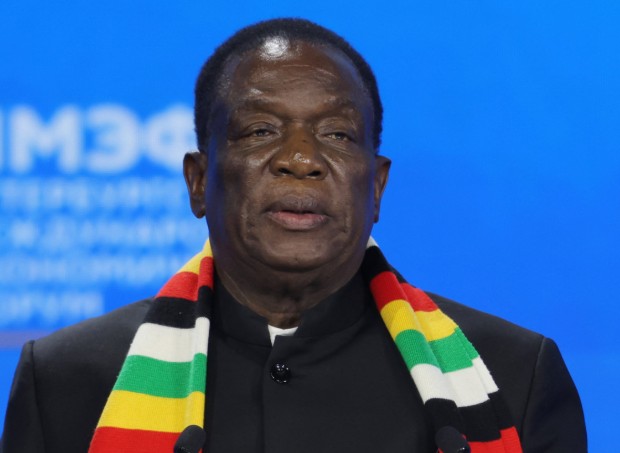Zimbabwe’s ruling party, ZANU-PF, has formally endorsed a plan to extend President Emmerson Mnangagwa’s term in office by an additional two years, potentially keeping him in power until 2030. The announcement was made during the party’s annual conference held in the eastern city of Mutare on Saturday.
Delegates at the high level gathering passed a motion instructing the government to begin drafting constitutional amendments that would override the current two term presidential limit, which would require Mnangagwa to step down in 2028.
The move, met with applause and support from party loyalists, signals a renewed push by ZANU-PF to consolidate power ahead of what many analysts see as a critical period for Zimbabwe’s political and economic future.
Legal and Political Implications
Zimbabwe’s 2013 Constitution ratified under a power sharing government after a decade of political instability clearly limits presidents to two five year terms. Mnangagwa, who came to power after a military assisted transition in 2017 that ended Robert Mugabe’s 37 year rule, was elected in 2018 and re-elected in 2023.
Legal experts say any change to presidential term limits would require a two thirds majority in Parliament which ZANU-PF currently holds and possibly a public referendum.
A Pattern of Entrenched Power
ZANU-PF has held uninterrupted power since Zimbabwe’s independence in 1980. Mnangagwa, once Mugabe’s close ally and former intelligence chief, has overseen a continued securitization of politics, where military and party elites dominate government functions.
Saturday’s motion echoes past instances in Zimbabwean and African politics where constitutional changes have been used to extend presidential terms a trend seen in countries like Uganda, Rwanda, and more recently, Côte d’Ivoire.
While supporters frame the move as a necessary adjustment to “maintain stability and economic growth,” critics argue it reflects a deeper erosion of democratic norms in a country still grappling with hyperinflation, corruption, and widespread unemployment.
Internal Dissent and Risks
Though the party remains largely unified in public, some insiders have reportedly voiced concerns that pushing a term extension could trigger legal challenges, civic protests, or international condemnation. In 2017, Zimbabweans backed Mnangagwa’s rise in hopes of reform, but opposition figures now accuse him of replicating Mugabe’s autocratic playbook.
“No one should rule forever,” said a senior member of the Citizens Coalition for Change (CCC), Zimbabwe’s main opposition party. “This is not about development. It’s about fear of accountability.”
What Happens Next
The legislative process to amend the Constitution is expected to begin in the coming months. It remains unclear whether a referendum will be held or whether the move will face formal opposition from within ZANU-PF ranks.
Observers warn that the plan, if executed, could set a precedent for future leadership extensions, weakening constitutional safeguards.



